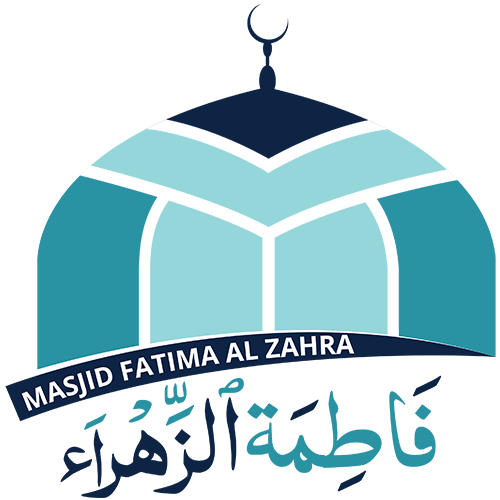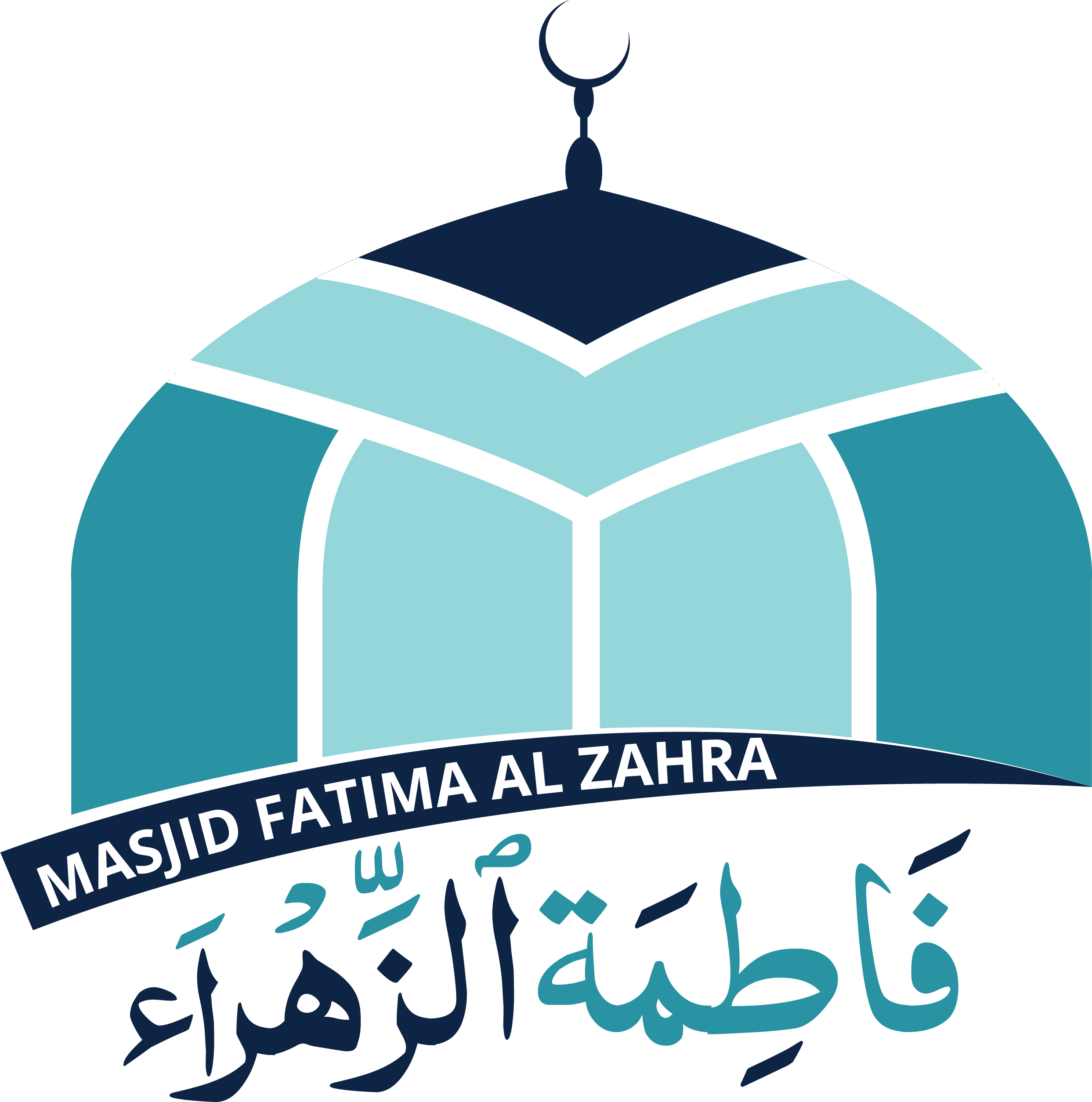DONATE
Earn Your Paradise
BY GIVING SADAQA-E-JARIAH (CONTINUOUS CHARITY)
Donation to a mosque can be an act of Sadaqah Jariyah for you or your loved ones. Your donation can earn continuous reward as it is providing an essential pillar of the Islamic community for generations to come.
Contributing towards a mosque is a sacred act in itself. Mosques have high importance in Islam and is the heart of the local muslim community. With many people benefiting from the daily worship facilities, educational programmes and special occasion services, there is much more to a mosque than congregational prayers. A mosque can act as a hub for the local community, teaching people about Islam and supporting their spiritual growth.
Prophet Muhammad (PBUH) said
“Whoever builds a Masjid for Allah, Allah will build for him likewise in Paradise.” [Bukhari]
Donate by Purpose
Pay via PayPal or Credit/Debit Card
SUBSCRIBE FOR
MONTHLY DONATION
Donate Via App

For Venmo please scan the QR code, it will redirect you to the donation page.

Are you paying ZAKAT Correctly?
The term Zakat is derived from the Arabic root meaning, “to increase and to purify.”
- Zakat is to be paid annually every lunar year, preferably in Ramadan.
- Zakat is a fixed percentage (2.5% for cash, gold, and business net worth),
- Zakat must be paid to the Zakat agency in the locality where you live and work.
- The Zakat cannot be transferred to another location outside the city where someone lives.
- Zakat must be spent locally to the 8 categories as specified in the Quran (9:60)
- Paying donations during the year to the Masjid or other charitable causes.
- Paying taxes to the government.
- Sending money to parents and relatives in other cities or overseas.
- Sending money to relief organizations.
- Zakat is an obligation like Salah that must be fulfilled by every Muslim who has Nisab of zakat.
- For Zakat to be accepted, the Muslim should make the intention (Neyyah),
- Calculate what is due properly each year,
- Must pay it to the local Muslim leadership to distribute it properly.
- Masjid Fatima Al Zahra is responsible for collecting and distributing Zakat
How to become a Muslim
Talk with an Imam
Imams are Islamic religious leaders who conduct religious services inside and outside the mosque. Imams are chosen for their knowledge of Islamic scripture and their good character. A good Imam will be able to counsel you when deciding whether you’re ready to devote to Islam.
Say the Shahada
If you’re absolutely sure you want to become a Muslim, all you need to do is recite the Shahada, a short oral declaration of faith. The words of the Shahada are “La ilaha illallah, Muhammadur rasulullah” . This translates to “I testify that there is no other god but Allah, and Muhammad is God’s messenger (prophet).” By saying the Shahada, you become a Muslim.
- The first part of the Shahada (“La ilaha illallah”) refers not only to deities from other religions, but also to earthly things which can take the place of Allah in your heart – wealth and power, for example
- The second part of the Shahada (“Muhammadur rasulullah”) is a recognition that the word of Muhammad is the word of God. Muslims are required to live by the principles of Muhammad revealed in the Quran – the Shahada is a pledge to follow these principles
- The Shahada must be said with sincerity and understanding to be binding. You can’t become a Muslim just by pronouncing the words – the oral recitation is a reflection of belief that’s held in the heart.


